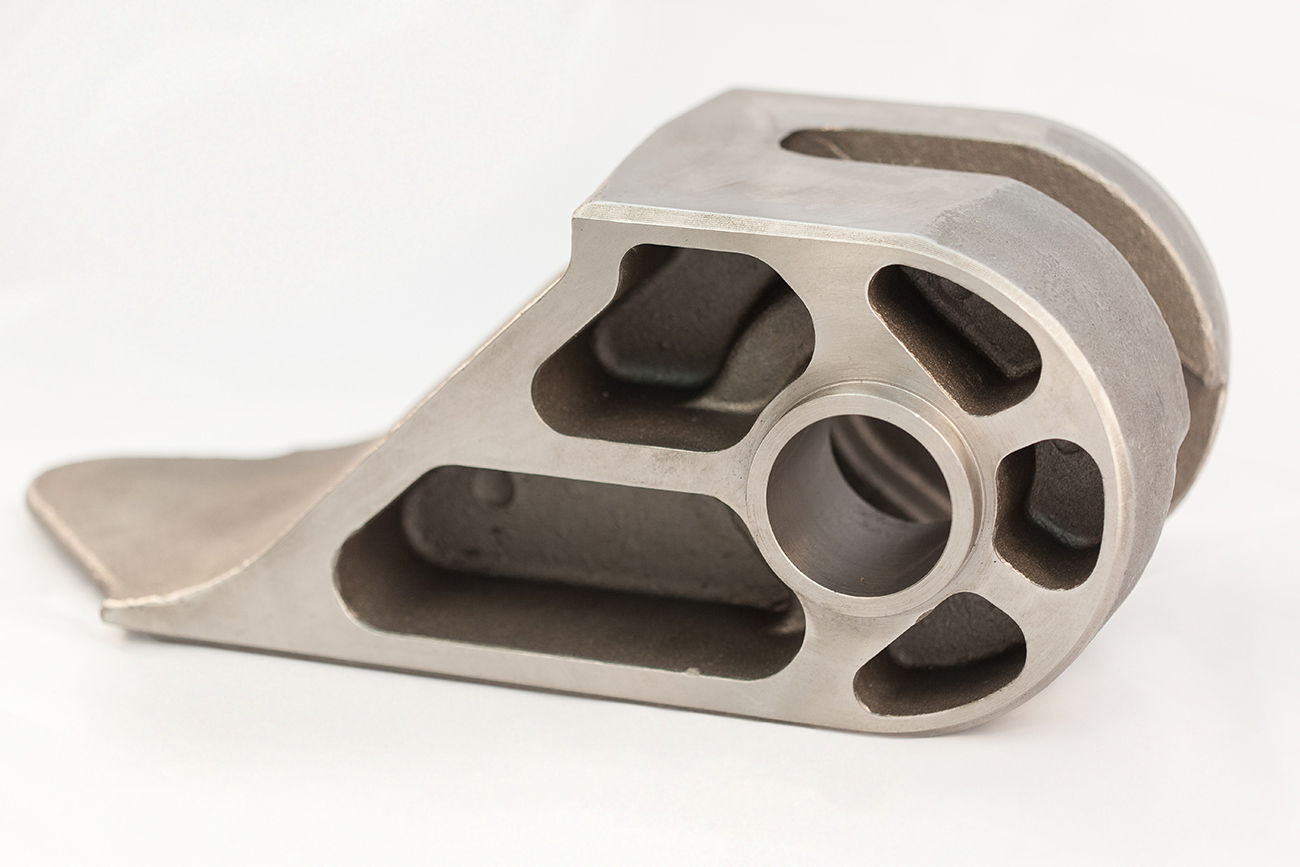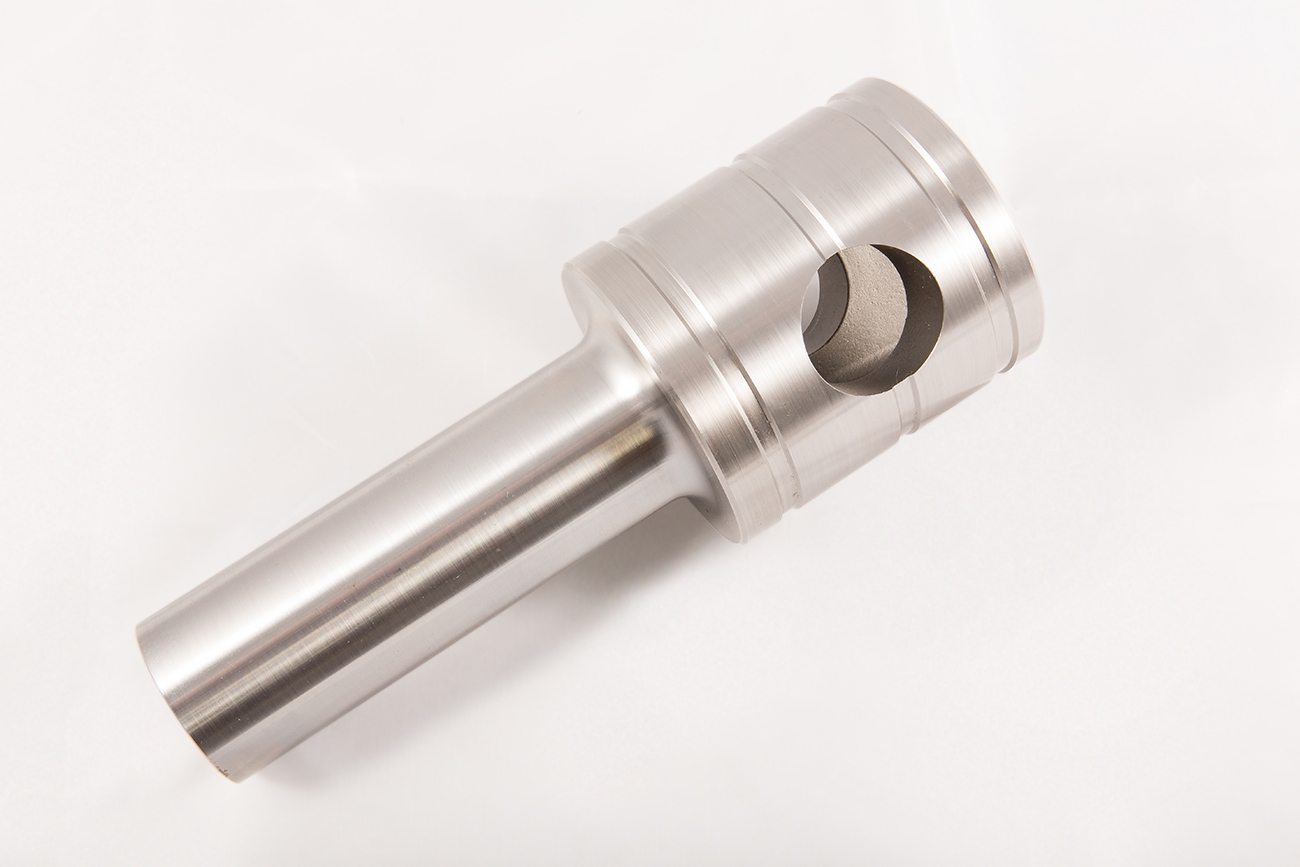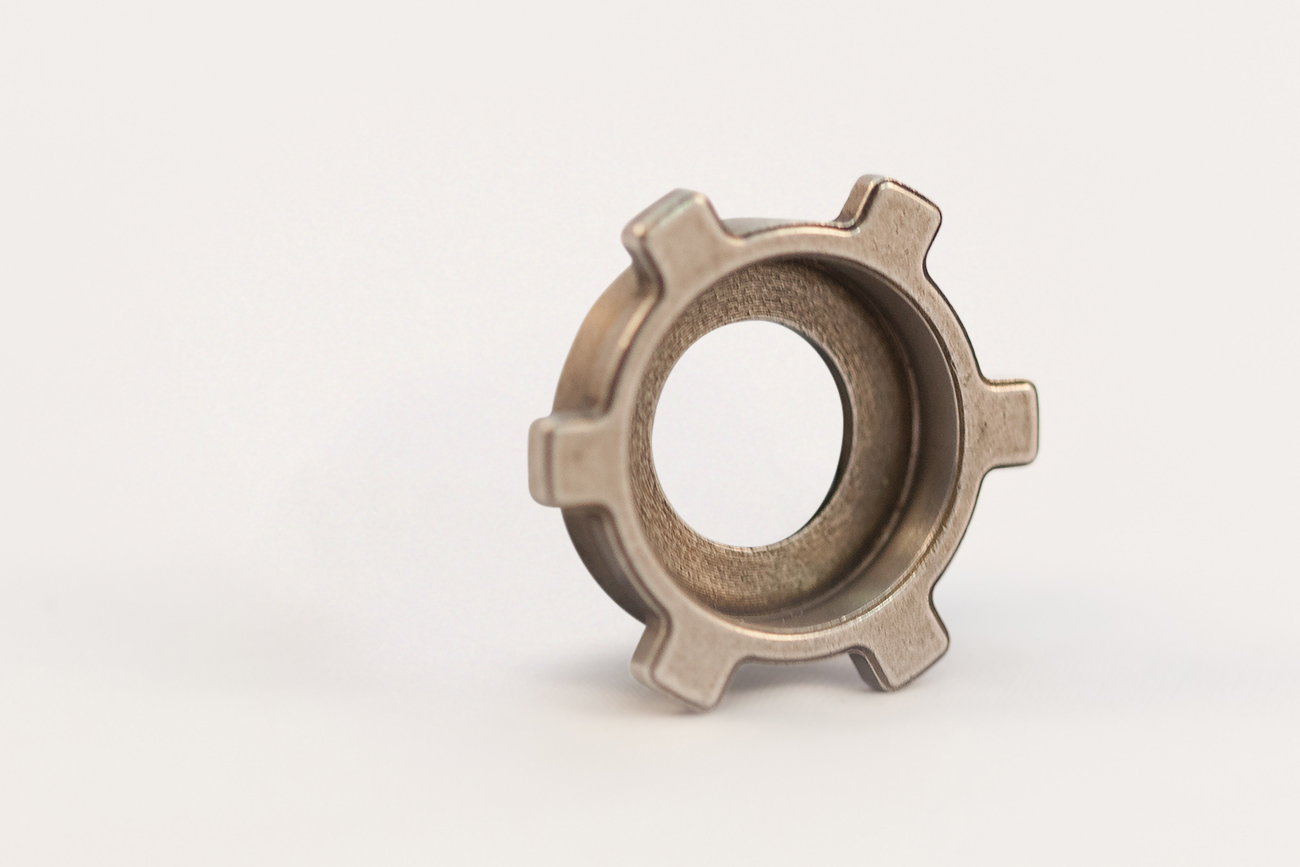Spotlight On: Carbon Steel
We’re previously focused on stainless steel, an important material for investment casting – now, we’re turning our attention to another widely used material that we work with here at Dean Group: carbon steel.
Because of its properties, such as strength and ferromagnetism, carbon steel is a popular alloy in several sectors and can be used in many different ways. If you’re looking for carbon steel castings, we can help, as our vast knowledge and expertise allow us to manufacture high-quality, complex parts from all kinds of materials.
What is Carbon Steel?
To make carbon steel, carbon and iron are alloyed together. There may be other elements involved as well, such as nickel, copper or vanadium, but there is no minimum content for them. Carbon steels tend to have less than 2% carbon in its composition, typically varying between 0.1% and 0.9%.
Unlike stainless steel, carbon steels can become rusty, although they have many other properties that more than make up for this. It also means that the alloy is appropriate for certain applications and end uses, such as blades, fridges, pipelines and railings.
We offer carbon steel casting at Dean Group, so speak to us if you’re looking for a particular part or component and we’ll be happy to discuss our process with you.
Carbon Steel Grades (and Their Properties)
There are several types of carbon steel, each with its own properties. They may require additional treatments and can be made from new metal, from recycled materials or from a combination of the two. We're capable of manufacturing investment castings from all grades, so that you’re always getting the exact product you need.
High Carbon Steels
This type of carbon steel contains between 0.55%-0.95% carbon content and is often used to make cutting tools, high-strength wire, cranks, pins, dies, and other objects where strength is a key consideration. High carbon steels almost always undergo treatments like tempering, which allows them to withstand the test of time more easily.
They're the strongest but also the most difficult to process because of this, since they’re more brittle than low and medium carbon steels. Additionally, this alloy is also resistant to abrasion and suitable for heavy-duty applications.
Medium Carbon Steels
As for medium carbon steel, it possesses a carbon content of around 0.29% to 0.54%, making it durable, pliable and strong and, hence, an attractive material for certain uses.
This carbon steel alloy is most used where ductility, good shock and fatigue strengths are required, such as with levers, air-frame parts and hydraulic machinery.
For example, this alloy varies in strength but is often used for applications where good resistance to shock and fatigue, as well as a good degree of ductility, are crucial. Perfect for a large number of industries, you can find this material in places like hydraulic machinery and levers.
Also, the strength of medium carbon steels can be improved via heat treatments, although this will make them more brittle.
Low Carbon Steels
The alloy with the lowest amount of carbon in its composition at around 0.055% to 0.25%. This low number means the alloy is the most malleable of all types of carbon steel, as well as the least brittle. You can carburise them to increase their hardness if necessary, and you can also enhance its existing properties with heat treatments.
Low carbon steels are widely used in casings and brackets, as well as engineering tools, domestic appliances and cars. They’re also the easiest to machine and the most cost-efficient. The alloy often contains copper, molybdenum and other elements in its composition.
For more information on these types of carbon steel and how we can help, don’t hesitate to send us an enquiry today.
Industries That Use Carbon Steel
Carbon steels are popular due to the mechanical and physical properties they offer, so it’s not surprising you can find them in many sectors. Some of these industries and applications include, but are not limited to, the following:
- Food and Drinks (cans)
- Construction (bridge parts)
- Rail (gears and train wheels)
- Electronics (wiring and appliances)
- Infrastructure (water transport and sewage)
- Furniture (tubing in hospital beds and patio furniture)
- Automotive (car bodies and parts)
Why Use Carbon Steel Above Other Materials?
There are many reasons to choose carbon steel instead of other materials, including how safe and durable it is. The ability to last for a long time even under extreme conditions is crucial for many sectors, such as oil and gas, marine and military, so it’s also vital that any parts and components made from this alloy can perform well no matter what.
We use several investment casting processes to manufacture those parts and to ensure that the final product is up to your standards and meets the requirements of your industry. We can work with all grades and can offer a host of additional treatments and finishes if your project requires them. These include hardening and tempering, annealing and carbonitriding.
At Dean Group, we also understand that budget is a concern, so you can rest assured that carbon steel is more cost-efficient when compared to other alloys, like stainless steel. You can stay well within your budget while benefiting from the fantastic properties this material offers.
Registered in England VAT No: 146307478 Company Registration No: 1062820







